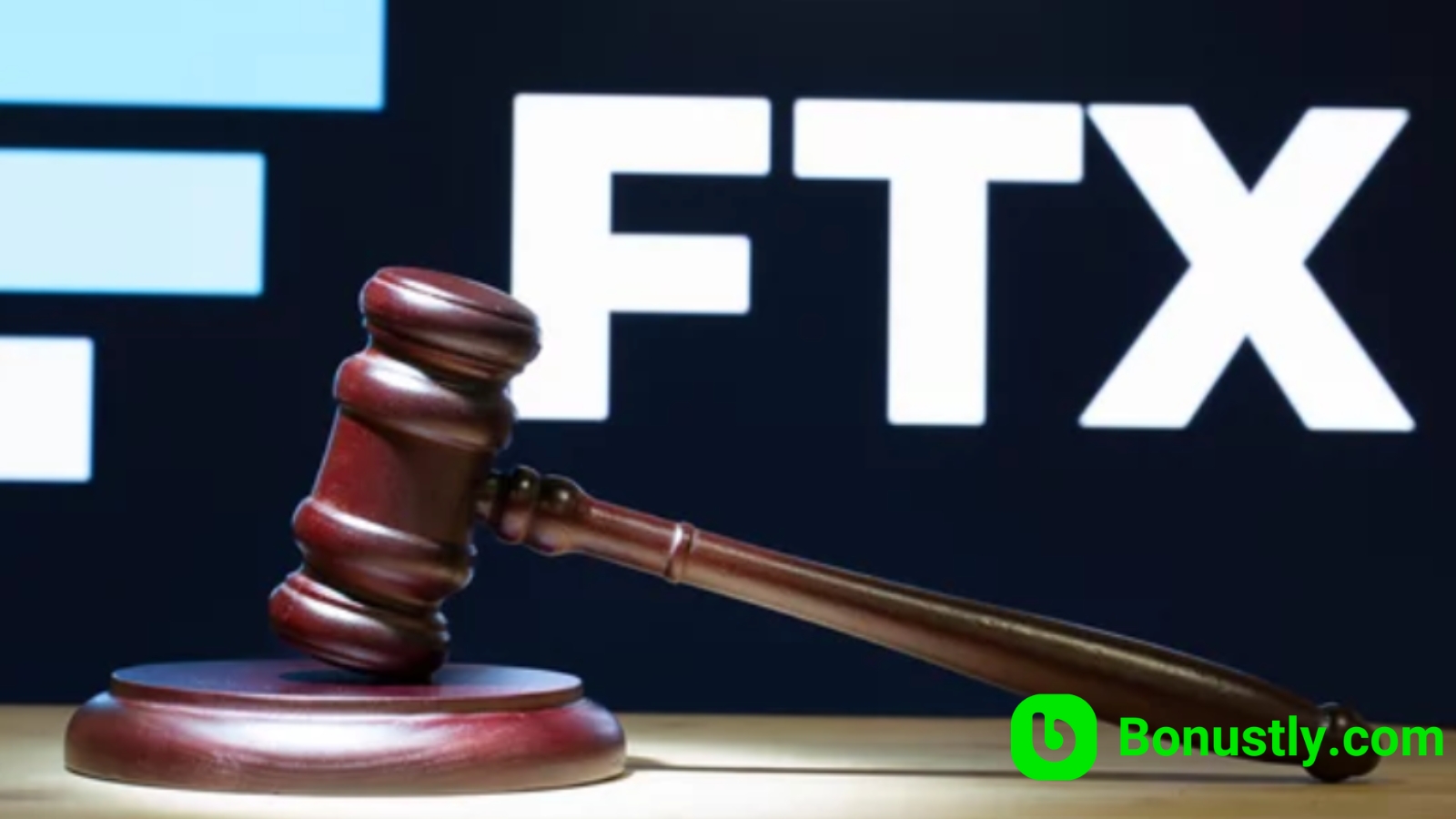The initiation of FTX’s creditor repayment process marks a pivotal moment in the cryptocurrency landscape. Following the exchange’s collapse in November 2022, creditors have faced prolonged financial uncertainty. With repayments now underway, stakeholders are reflecting on the hard lessons learned about the risks of centralized exchanges and the importance of self-custody in safeguarding digital assets.
FTX Creditors Begin Receiving Repayments – Hard Lessons Learned from a Crypto Catastrophe

The Impact of the FTX Collapse
FTX’s sudden implosion in November 2022 left thousands of users in financial distress, with many losing life savings intended for homes, education, and retirement. The bankruptcy process has been a long and arduous one, leaving creditors in limbo for over two years.
Among the affected users is Sunil Kavuri, an outspoken creditor who has actively worked to support fellow victims. Reflecting on the experience, he shared:
“Our life savings were stolen overnight. Many were depressed, suicidal, and suffering from panic attacks. I personally heard of at least three suicides.”
The emotional and financial toll has been severe, with some creditors forced to take out loans just to cover basic living expenses.
The First Round of Repayments
FTX’s initial repayment phase will focus on creditors classified under the “Convenience Class”—those with claims of up to $50,000. These creditors will receive 100% of their claim amount plus 9% interest per year, calculated from their holdings’ value on the day FTX declared bankruptcy.
However, for those with larger claims, the wait continues. FTX has outlined plans for additional repayments later in 2025, with over $17 billion expected to be distributed. Major crypto platforms like Kraken and BitGo are assisting with the repayment process.
The Struggle for Liquidity
The bankruptcy process has been anything but smooth. With regulatory crackdowns on centralized exchanges intensifying—often referred to as “Operation Chokepoint 2.0”—many creditors faced severe liquidity issues while waiting for their funds. As a result, a significant portion of creditors chose to sell their claims, often at a loss, just to regain financial stability.
According to Kavuri:
“About 50% of creditors have sold their claims. Many needed closure after years of uncertainty.”
Legal Battles and Frustrations
FTX creditors have also been entangled in legal disputes over the management of the exchange’s bankruptcy proceedings. Law firm Sullivan & Cromwell, which represented FTX’s debtors, has faced scrutiny for accumulating over $215 million in legal fees—charging an astonishing $10 million per month at one point.
There was also heated debate over whether creditors should be reimbursed in fiat or crypto. With Bitcoin (BTC) trading at around $16,000 when FTX collapsed—compared to its current price of over $95,000—many creditors feel shortchanged by fiat repayments.
Lessons Learned: The Case for Self-Custody
The collapse of FTX reinforced a crucial lesson in the crypto space: Not your keys, not your coins.
A well-known crypto advocate, Mr. Purple, emphasized this point:
“Self-custody is the only surefire way to ensure your property rights are upheld. Keeping funds on centralized exchanges always comes with counterparty risk.”
Many FTX creditors have been permanently scarred by their experience. While some plan to reinvest in crypto, others have sworn off digital assets altogether, unwilling to take another risk.
The Aftermath
FTX’s disgraced founder, Sam Bankman-Fried (SBF), was sentenced to 25 years in prison on March 28, 2024, for orchestrating a massive fraud that deceived both investors and customers.
Meanwhile, the road to full repayment remains long, with larger creditors still waiting for their turn. But for those receiving their funds back this year, the process—though painful—offers some long-overdue relief.
The key takeaway for crypto investors? Trust in centralized platforms can be dangerous, and self-custody remains the best defense against another FTX-style disaster.
*Gambling should be fun and entertaining, but it also carries risks. Please play responsibly and only wager what you can afford to lose. If you ever feel that gambling is becoming a problem, seek help from organizations like BeGambleAware or Gamblers Anonymous.
This site is intended for users 18+ (or the legal gambling age in your jurisdiction). Always check your local laws before playing.

Liam is an igaming industry expert with over a decade of experience in game development and casino operations. At Bonustly, he provides players with honest and insightful reviews, drawing from his deep understanding of how the industry works behind the scenes. He personally tests every casino he reviews, ensuring fairness, transparency, and value for players. By staying on top of industry trends, he delivers up-to-date and reliable information on the ever-evolving world of Crypto Casinos.















